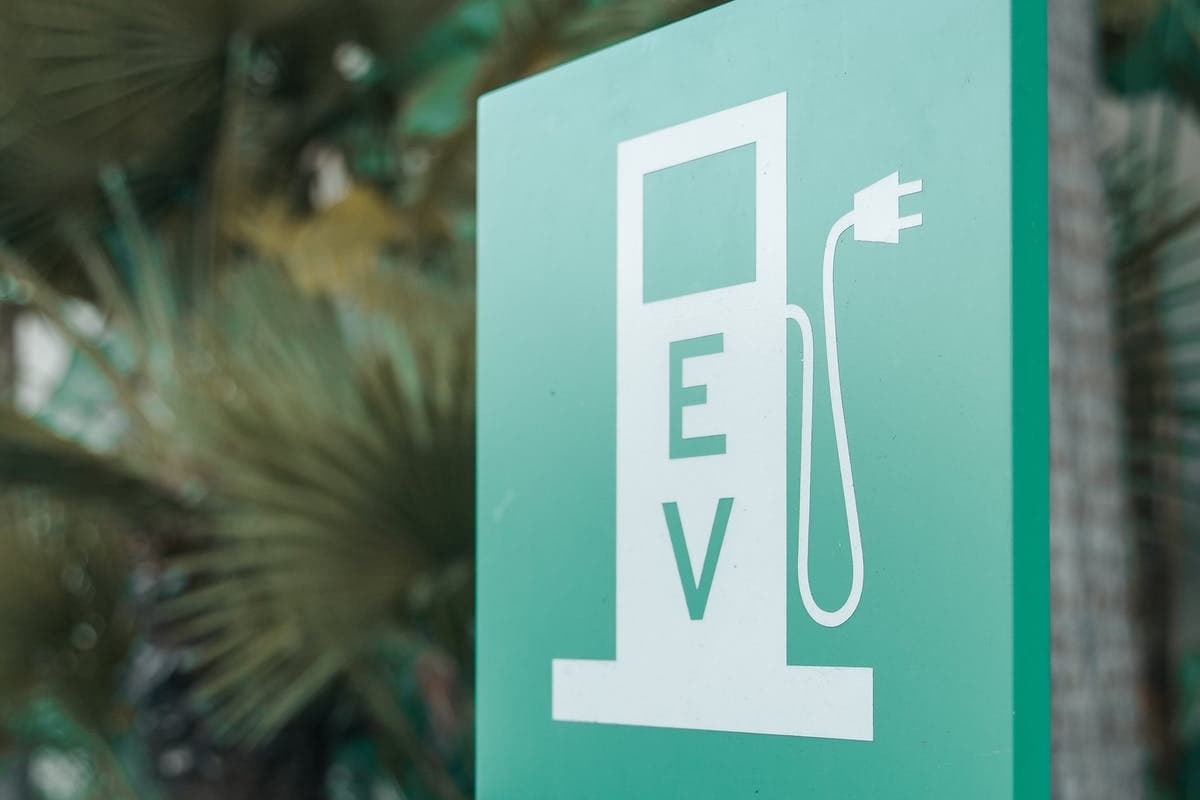The Bureau of Indian Standards (BIS) has come out with performance standards for electric vehicle batteries in order to ensure the safety of consumers, a senior consumer affairs ministry official said on Thursday.
BIS, the national standards-setting body that functions under the consumer affairs ministry, has published the “performance standards for electronic vehicle batteries”, the official said.
The standard “IS 17855: 2022” has been formulated for lithium-ion traction battery packs and systems of electrically-propelled road vehicles and it has been harmonized with ISO 12405-4: 2018, the official added.
According to the official, the new EV batteries’ standard incorporates the test procedure for the basic characteristic of performance, reliability and electrical functionality for the battery packs and system for either high power or high energy application.
This standard is formulated considering real-life scenarios for an electric vehicle such as vehicle in parking (battery is not used for an extended period of time), the battery system is being shipped (stored) and operating battery at low and high temperature. Accordingly, various tests are incorporated in this standard.
Electric vehicles operate on an electric motor and rechargeable batteries. Over the past decade, electric vehicles have grown in terms of visibility and availability in the market. Most electric vehicles use lithium-ion batteries because of their high power-to-weight ratio.
Considering the safety aspect of batteries for electronic vehicles, the BIS is in the process of publishing two more standards related to batteries for various passenger and goods carrying vehicles (L, M and N categories), the official said.
Check out our Latest News and Follow us at Facebook
Original Source

